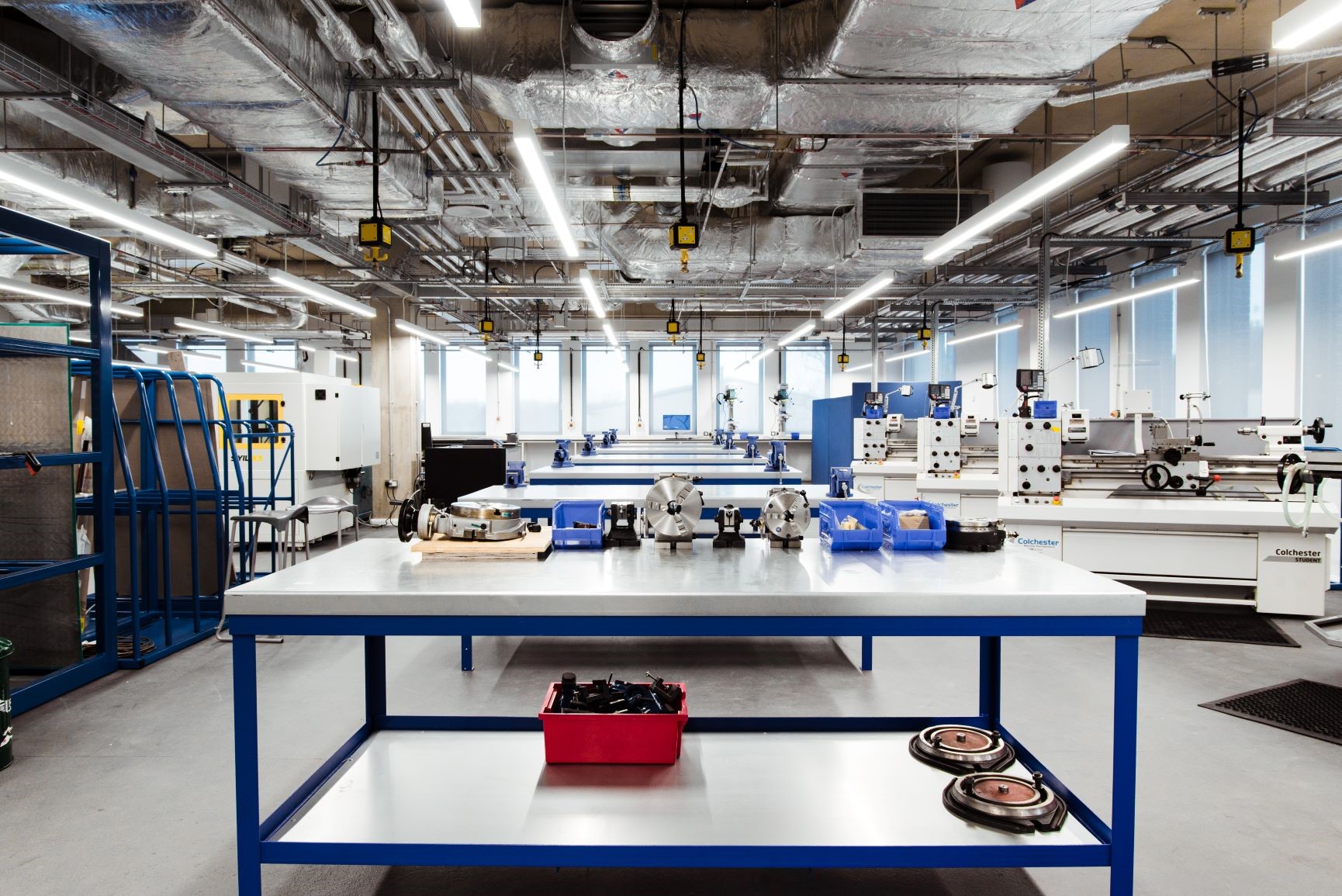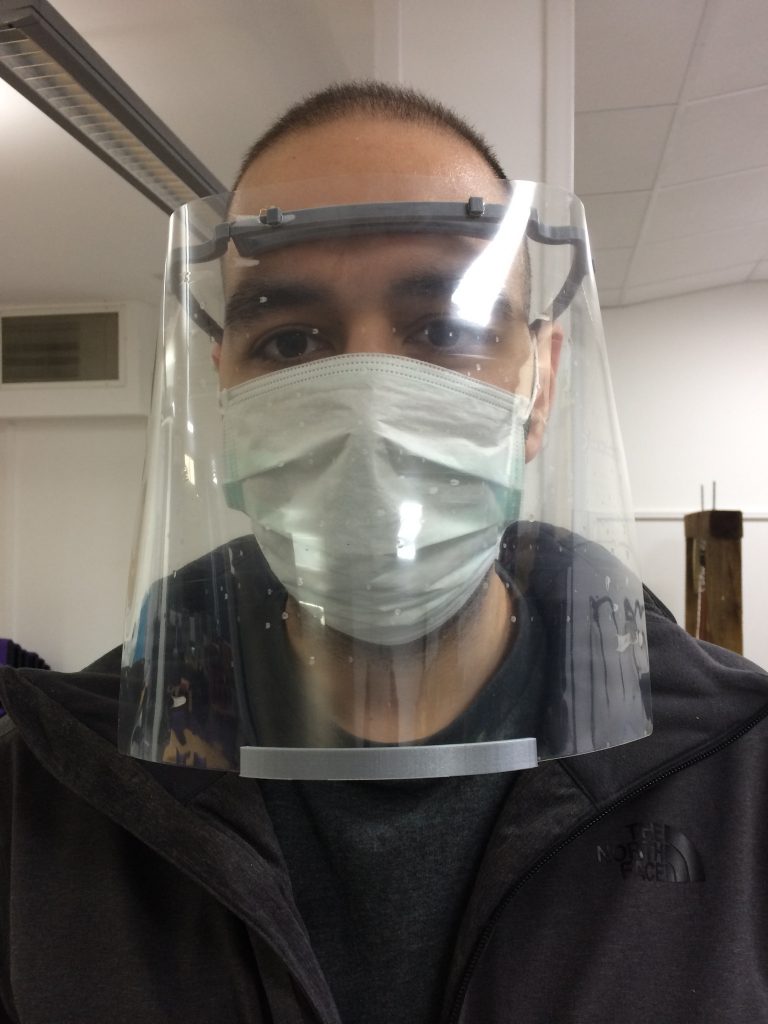Mechanical and material engineering is an interesting career and as with most areas of engineering it requires an interest in mathematics, physics, and chemistry. For an engineer who specialises in mechanical, manufacturing and materials engineering, every day involves a new challenge, particularly when working collaboratively with both industry and academia.
Day as an Engineer
As a senior lecturer in a higher education institution, I have two main duties. Firstly, I deliver lectures and educate future engineers by disseminating the latest advancements in science and technology, to prepare students for the real-life engineering challenges they will face. This involves preparing teaching materials, assessments, and grading. In addition, my role includes encouraging students to engage with engineering activities, competitions and extra curriculum activities which develop their professional skills and increase their chances of success in their future career.
I deliver lectures and educate future engineers by disseminating the latest advancements in science and technology, to prepare students for the real-life engineering challenges they will face
Beside teaching, my job involves research and development in the fields of mechanical, manufacturing and material engineering. The research side of my career entails working with manufacturing companies and providing consultancy to improve their production using novel solutions.
The nature of my work is project dependent, as such, in some projects I evaluate materials in terms of their suitability for use in products. This involves assessing their structural properties to determine if the material can carry heavy or cyclical loads, or if it can provide the heat/ chemical resistance required in a product.
My favourite part of being a materials engineer is analysing failed materials. This is similar to forensic engineering, where the mode of failure, and the actual behaviour of the material including the loads and climatic conditions to which the material was subjected are analysed and compared to the predicted behaviour.
I can then use this data along with laboratory analysis of the failed specimens to determine the cause of failure. I report this information to the engineering teams, to lower the risk of failure reoccurrence.
There are times when I get to develop and test new composite materials, particularly if I am working with research and development (R&D) departments, who are always seeking new products and cheaper ways of producing and manufacturing good quality products. I enjoy focusing on a specific range of new materials to design the tests required. I also work on new technologies such as additive manufacturing, to develop greater knowledge of different types of materials that are compatible with various forms of 3-D printing processes.
Sometimes I engage with the designer teams where the project involves the development of a piece of machinery, or a product that is being developed by the R&D department. Working as part of a team can be difficult, as it requires good communication skills, the ability to understand problems from different perspectives, and a willingness to collaborate with engineers, marketing specialists and others who are focused on different aspects of the manufacturing supply chain. This can be both rewarding and challenging, as it gives me experiences beyond engineering, focusing on various aspects of marketing, cost and process optimisation, as well as quality.
Mechanical engineering can be considered as one of the broadest fields of engineering, with a wide array of opportunities for those involved.
During my day to day career, specific job duties vary, depending on the project or the type of company I am working with, but the following are my main areas of focus:
- Designing components using CAE (computer aided engineering) tools
- Conducting failure analysis on FEA (finite element analysis) software and empirical study of failure using laboratory test machines
- Writing technical reports or white papers
- Writing computer programs and algorithms to improve throughput and optimise production in terms of time, quality, and cost
In short, mechanical engineers’ primary focus is researching, planning, designing, developing, building, testing, and troubleshooting problems, as well as implementing, inspecting and maintaining mechanical devices.
To sum up, a day in my work life as a mechanical/ manufacturing/ material engineer is varied, interesting, busy, challenging, financially and professionally rewarding and most importantly, never boring.
For more information
To find out more about our courses or accessing our talent, email edgehub@canterbury.ac.uk.
 Engineering, Technology and Design
Engineering, Technology and Design Maxine Owen
Maxine Owen 1966
1966



